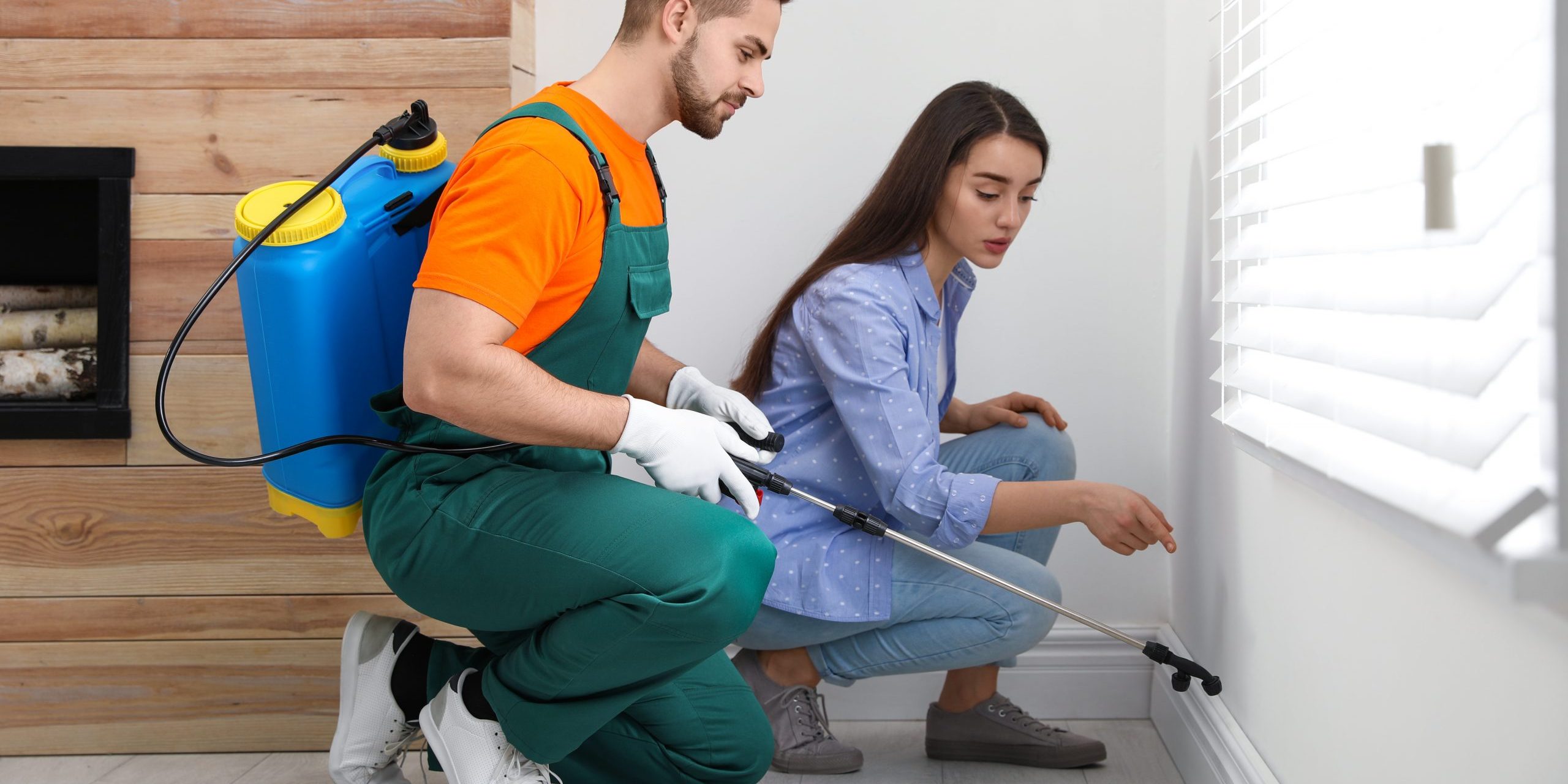Specialist Pest Control Techniques for Long-Term Outcomes
In the realm of parasite control, attaining continual efficacy and long-term results needs a thorough approach that goes beyond plain elimination. Specialist bug control methods encapsulate a detailed technique that starts with a detailed examination and evaluation, adhered to by exact bug identification to understand their behavior patterns. The implementation of Integrated Pest Administration (IPM) principles, paired with eco-conscious treatments, forms the keystone of sustainable bug removal. However, the true test exists in the ongoing monitoring and maintenance of the treated areas, making certain a pest-free setting for the near future. By delving right into the ins and outs of these methods, a deeper understanding of specialist parasite control methods for enduring end results arises.
Examination and Evaluation
Upon entering a home for bug control services, the initial step is a detailed examination and assessment to recognize the extent of the infestation and figure out the most effective therapy plan. Expert pest control technicians are educated to diligently check out the properties, seeking indicators of bug task such as droppings, munch marks, nests, or any kind of architectural damage. They will certainly likewise evaluate the problems that might be attracting parasites, such as food sources, water leakages, or entry points.

Insect Recognition and Actions

In addition, comprehending the habits of the recognized bug is crucial to carrying out reliable control actions. Knowing where bugs nest, what they feed on, and their task patterns can help pest control professionals design approaches to remove them successfully. Some insects might be nighttime, while others are a lot more active during the day. This understanding enables the application of therapies at ideal times for maximum effectiveness.
Integrated Insect Administration (IPM)
Integrated Pest Administration (IPM) strategies combine several methods to regulate and stop parasite invasions in a lasting and eco-friendly manner. bed bug exterminator. By incorporating techniques such as organic control, environment manipulation, modification of cultural practices, and using resistant varieties, IPM intends to decrease making use of chemical pesticides
Among the key concepts of IPM is the emphasis on prevention. This aggressive method involves termite detector monitoring pest populaces consistently to detect any kind of possible problems before they rise. By identifying insect troubles early, pest control click site steps can be executed swiftly and efficiently.
Furthermore, IPM promotes using non-toxic bug control approaches whenever possible. This can consist of employing all-natural killers of the parasites, introducing helpful bugs, or using anonymous scents to interfere with breeding patterns. By lowering reliance on chemical pesticides, IPM not just protects the environment yet also assists keep a balance in the environment.
Environmentally-Friendly Treatments
Applying eco-conscious techniques in bug control procedures can efficiently deal with invasions while prioritizing environmental sustainability. Environmentally-friendly therapies concentrate on lessening the influence of bug control methods on communities, non-target organisms, and human health. These methods usually involve using natural predators, such as ladybugs or nematodes, to control pest populaces, decreasing the need for chemical treatments. Furthermore, methods like habitat manipulation, such as changing moisture levels or eliminating food resources, can aid hinder bugs without making use of harmful substances.
One more key aspect of environmentally-friendly therapies is the usage of organic and naturally degradable products that damage down quickly without leaving damaging residues in the setting. Botanical pesticides stemmed from plants like chrysanthemums or neem offer efficient insect control while posing very little threat to non-target types. Moreover, employing approaches like heat treatments or scent catches can target details bugs with precision, lowering the general ecological influence of bug control methods.
Recurring Monitoring and Maintenance
Normal examinations by skilled professionals are required to determine any indicators of parasite task, examine the effectiveness of previous therapies, and make adjustments to the parasite control plan as needed. By keeping an eye on bug populations over time, parasite control professionals can track trends, expect potential problems, and implement preventative steps to minimize the danger of future problems.
Along with surveillance, maintenance practices are crucial for lasting parasite control success. This includes executing appropriate hygiene actions to eliminate potential food and water sources for bugs, securing off access factors to prevent insects from going into the facilities, and resolving any kind of architectural issues that could help with insect invasions (Exterminator DC). By integrating continuous tracking and upkeep right into an incorporated parasite monitoring strategy, companies can guarantee a pest-free setting and secure their residential or commercial property against costly damage and health and wellness threats
Verdict
To conclude, making use of specialist parasite control strategies such as detailed examination and analysis, exact bug recognition and understanding of their habits, integrated bug monitoring approaches, environmentally-friendly therapies, and ongoing monitoring and maintenance are important for achieving long-term lead to parasite control. By applying these approaches, people can successfully handle pest problems and preserve a pest-free atmosphere in a sustainable way.